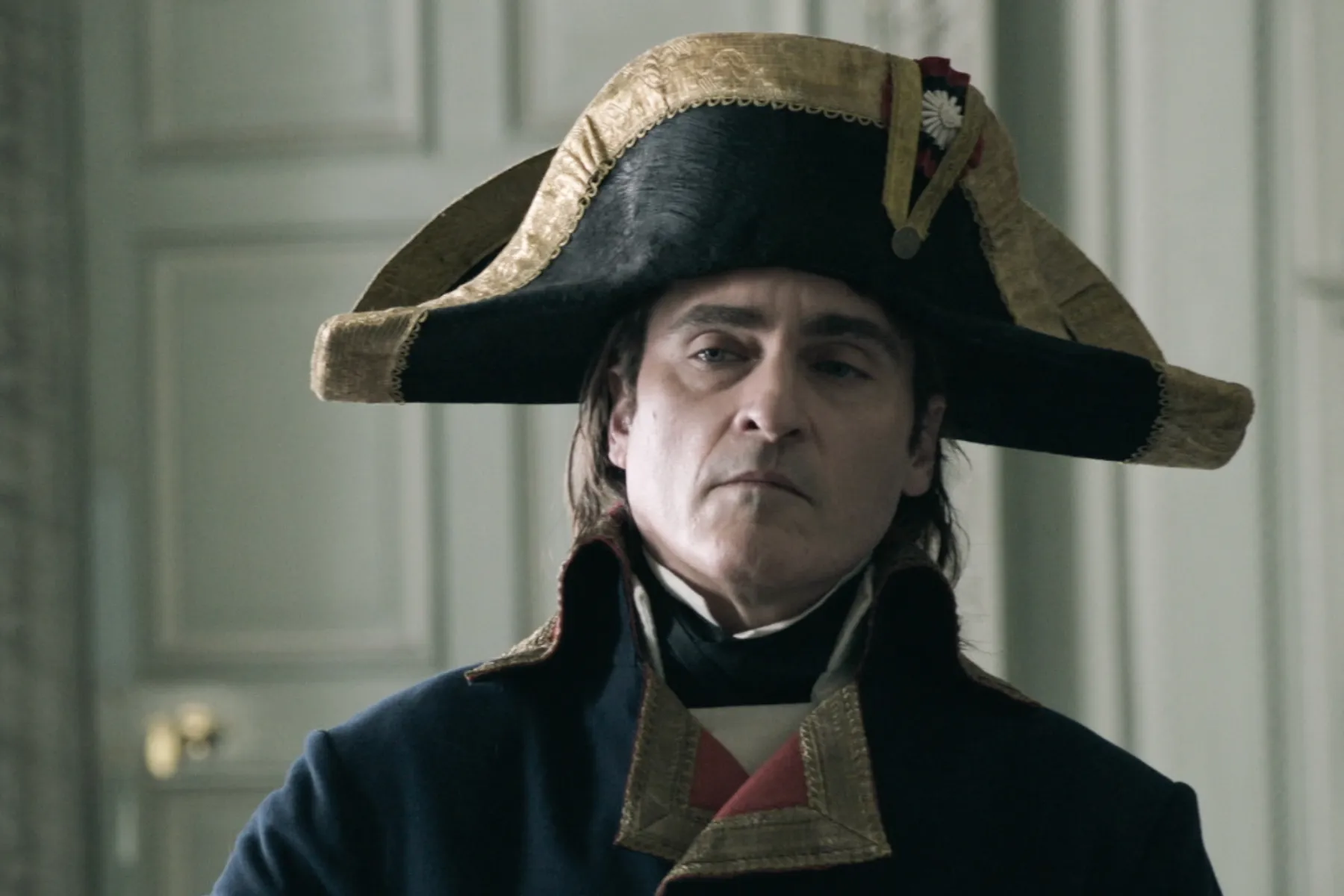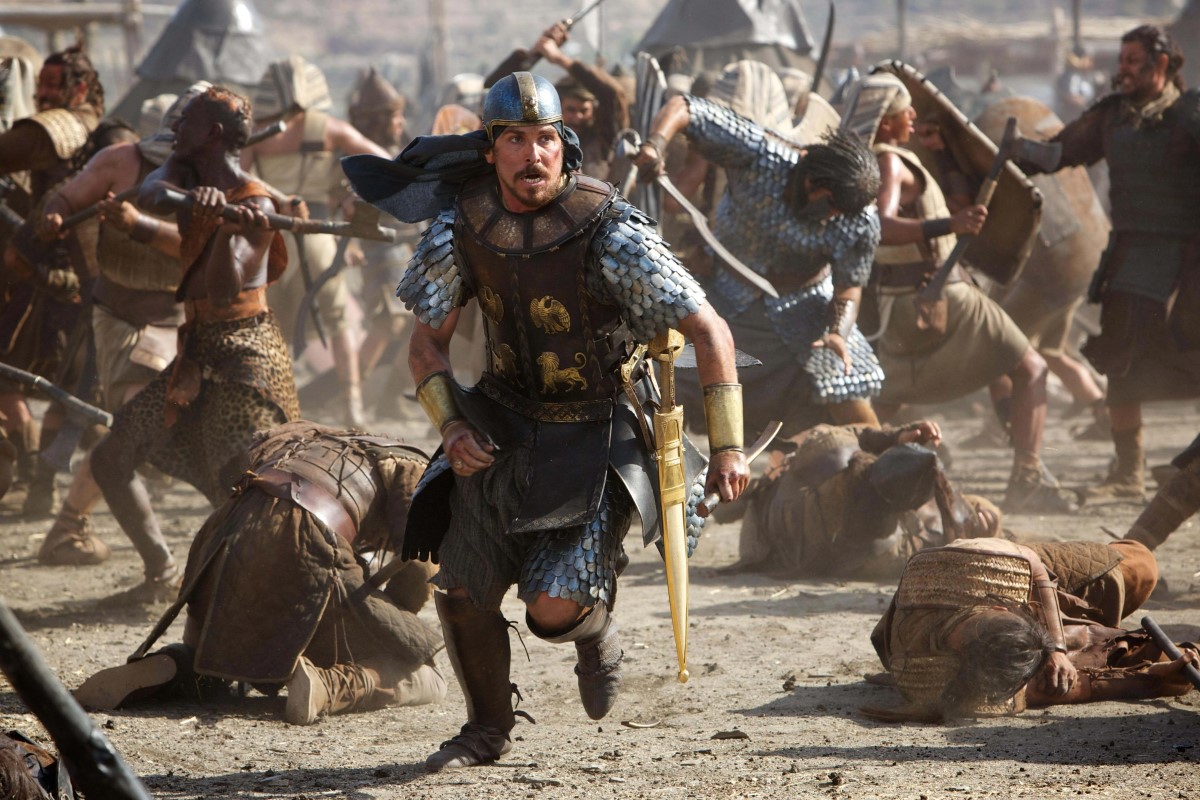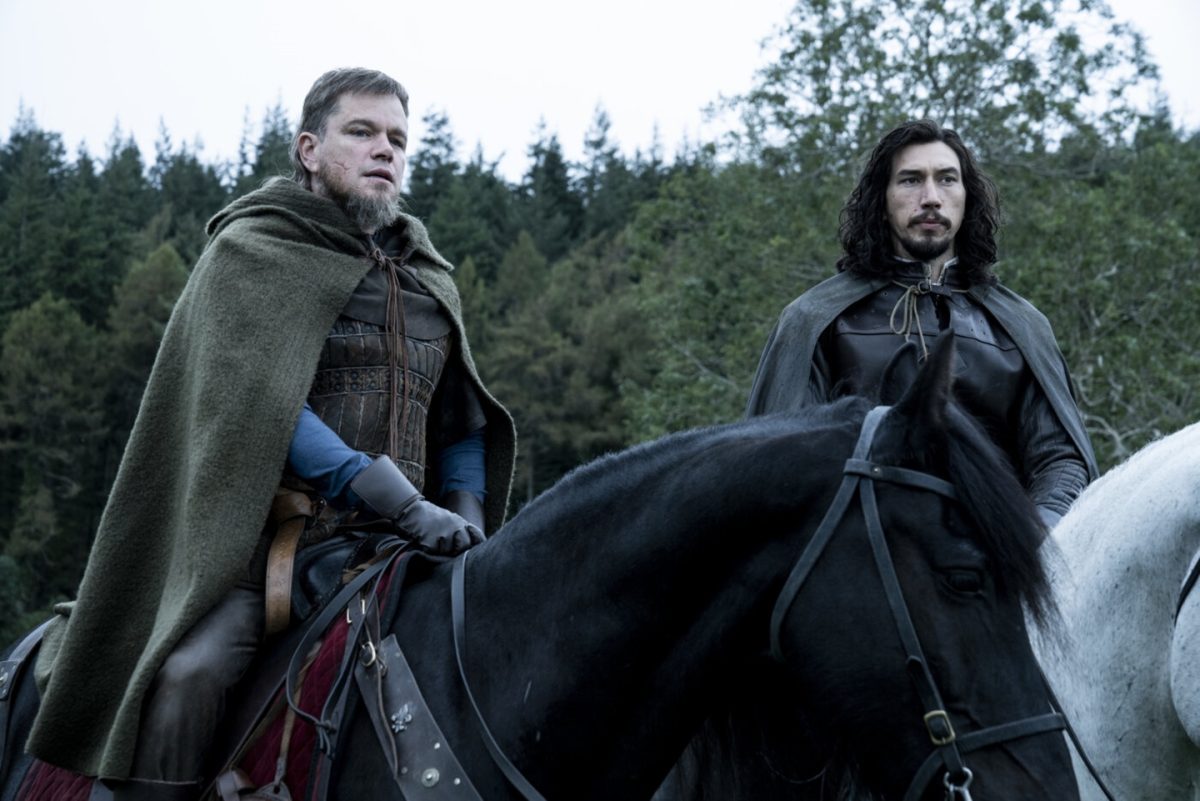At the end of Blade Runner, why does Roy Batty catch Deckard as he is about to fall?
by Beofett
I feel there are two reasons Roy saved Deckard.
The first is that, during his final moments, Roy utters his awesome “Tears in the Rain” soliloquy, which extols the wonders of life, and despite its complexity, how utterly fleeting and transitory life is:
I’ve seen things you people wouldn’t believe. Attack ships on fire off the shoulder of Orion. I watched c-beams glitter in the dark near Tannhäuser Gate. All those moments will be lost in time, like tears in rain. [pause] Time to die.
Rutger Hauer, the actor playing Roy Batty, improvised that speech a bit at the last moment, cutting some of the scripted speech, and adding a bit of his own improv.
In interview with Dan Jolin, Hauer said that these final lines showed that Batty wanted to “make his mark on existence … the robot in the final scene, by dying, shows Deckard what a real man is made of.” [from The Ridley Scott Encyclopedia].
Roy Batty, throughout the final confrontation, points out Deckard’s failings. He breaks his fingers for Pris and Zhora, and asks Deckard “proud of yourself, little man?”. He directly taunts Deckard’s supposed moral highground: “Not very sporting to fire on an unarmed opponent. I thought you were supposed to be good. Aren’t you the ‘good’ man? C’mon, Deckard. Show me what you’re made of.”
The first, and most obvious reason Batty spared Deckard’s life is to demonstrate that he (Batty) understood the value of life, and what it meant to be “good”, better than Deckard, the supposed protagonist of the story. It is one of those moments that flips the perspective of the entire narrative, and suddenly the “bad guy” is now the sympathetic victim of a system that never gave him a chance. It is, in my opinion, one of the single greatest moments in the movie, and is one of the primary reasons why I consider it a true classic.
The second reason is more subtle, and more speculative.
The original version was “lightened up” a bit by the studios. Changes made in the later Director’s Cut, however, introduced hints that Deckard himself might be a replicant (the “unicorn scene”, and Gaff’s unicorn origami). During an interview in the 2000 BBC documentary On the Edge of ‘Blade Runner’, Ridley Scott confirmed that Deckard is, in fact, intended to be a replicant.
In the light of this revelation, it is conceivable that Batty knows this, and saves Deckard out of a sense of kinship (which also ties in with the moral high ground portion above).
Originally published on July 26, 2012 [view here the original post]





2 thoughts on “BLADE RUNNER (1982): WHY DOES ROY BATTY SAVE DECKARD FROM FALLING?”
The Question I have is why did batty wait until the end of his 4 years of life to find an extension of his life..if it was so important. I know there were obstacles to get to Tyrell . The time frame was never explained….
Several reasons:
Procrastination was programmed into the nexus 6 replicants as a fail safe, so that they would never unionize and dedicate their whole life to finding a solution to the limited life problem.
They weren’t told that they were replicants, and the only one that could have quickly figured it out was Leon, as he possessed superhuman strength, but he worked with other workerbot type replicants, so he didn’t notice early either.
How many people do you know that started off early at solving the short lifespan problem. I don’t know many, in fact I know many, many more who try to shorten their lifespan, instead of extend it. Since the nexus 6 is designed to closely mimic human personality, I wouldn’t expect to see many of them trying to extend their life.